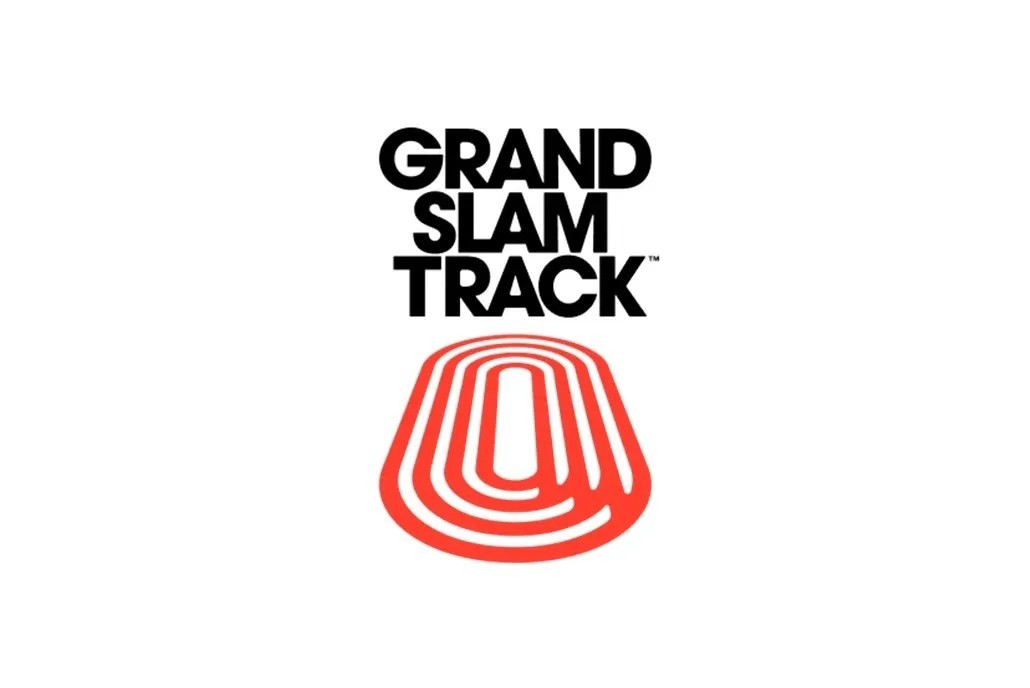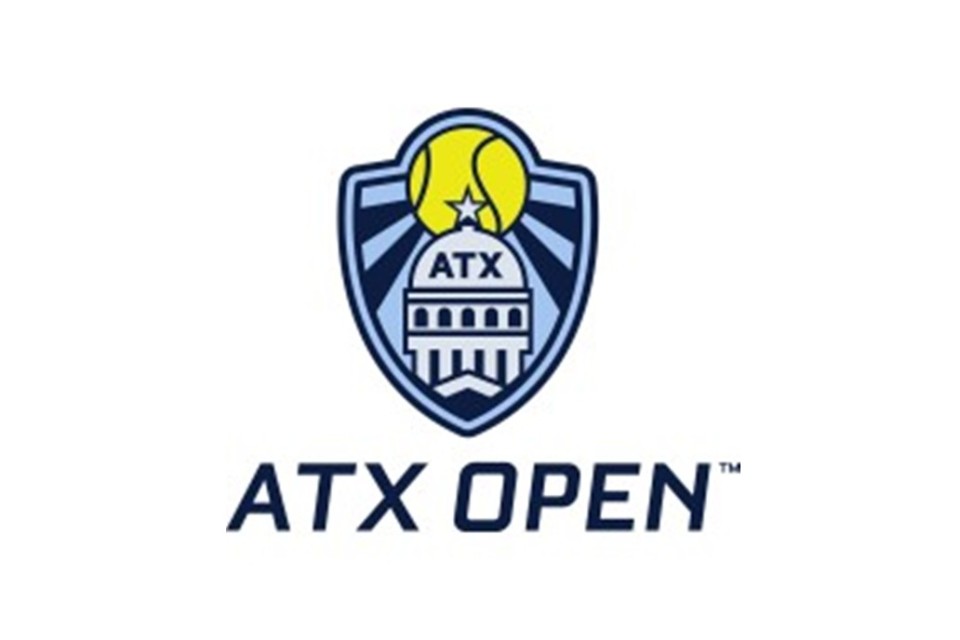Mon, October 06, 2025
Grand Slam Track receives emergency funding

Former Olympic champion sprinter Michael Johnson has secured emergency funding to pay competitors up to half of what they are owed in prize money for participation in his event Grand Slam Track (GST), a global professional track league. To dodge significant financial losses, the fourth and final meet of the GST league, which was supposed to take place in Los Angeles, was cancelled in June. The event may now be able to make a comeback in 2026, although it still owes millions in prize money.
Despite financial constraints, prize money for winners stood at $100,000, with $50,000 for runners-up and $10,000 for eighth place. It was set to have $12.6 million in prize money up for grabs in its first year.
Karen Taylor, GST Operations Manager, stated: “We are glad to inform you that Grand Slam Track secured financing enabling us to make an instalment payment to you today for our 2025 events. With this payment each athlete will have been paid 50 per cent of the total appearance and prize money earned at this year’s Slams…
Today is the beginning of Grand Slam Track’s reboot. We apologise for frustrations and hardships caused by the payment delays to date.”
GST’s deal with its host partner, University of California, Los Angeles (UCLA), became financially unviable which contributed to the league’s financial issues. Sporting stars such as Josh Kerr, Dina Asher-Smith, Fred Kerley and Sydney McLaughlin-Levrone all signed up and competed in the league. Many stand-out elite athletes are not present for track events, and GST tried to solve this issue by attracting top athletes like those aforementioned, and it was supported by $30 million in private funds.
One of the goals of GST was to garner “the youngest fanbase of any sports league in the world in the next five years,” as stated by co-founder Steve Gera before the first meet of the league which was held in Kingston, Jamaica. However, the event was met with some criticism for omitting field events. Johnson responded with: “I am going to save what I think I can save. I think I can save track, I don’t think I can save track and field.”
However, GST unfortunately received slow ticket sales and exposure. Deciding on the correct locations is critical for the future of the event, if it makes a return, as Philadelphia sold close to 30,000 tickets whereas the crowd in Jamaica proved disappointing.
Gera previously voiced to the Independent: “We had discussions with a couple of different cities across the UK [but] that was a decision that we made to just focus on tightly packaging our run of shows [in the Americas] in year one. But we’re really excited to get the product into Europe in the not too distant future.”



